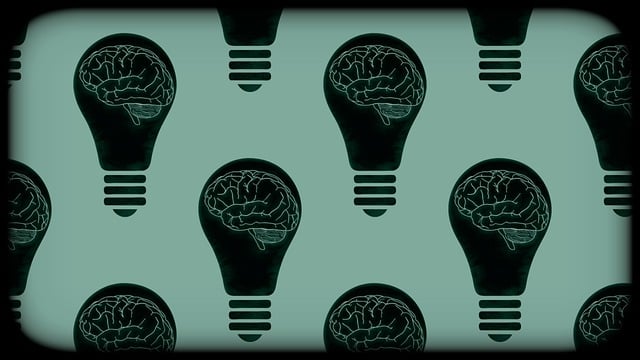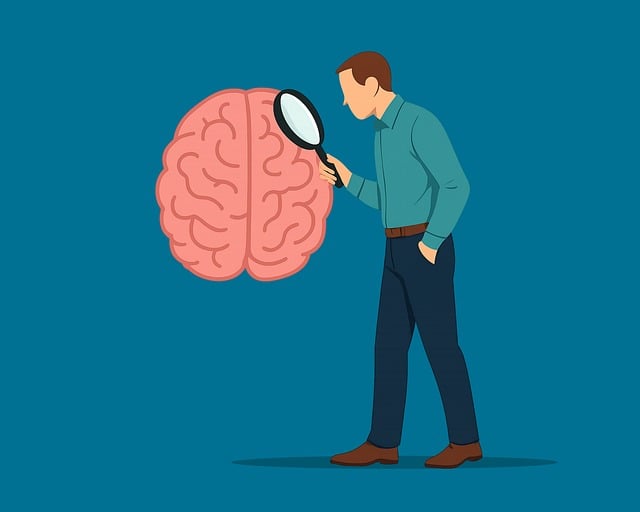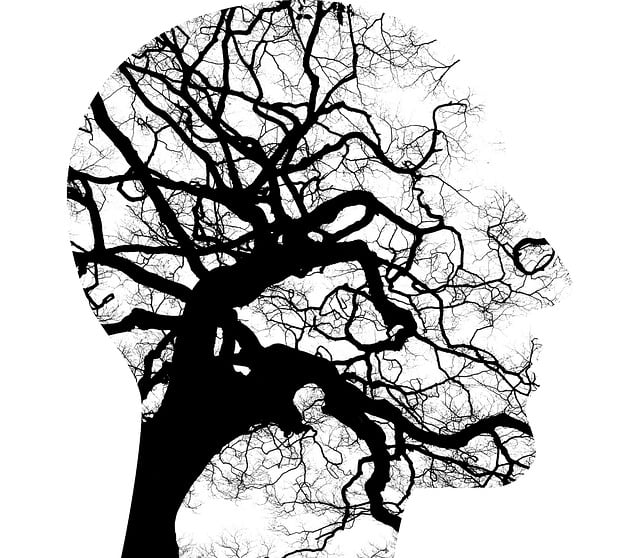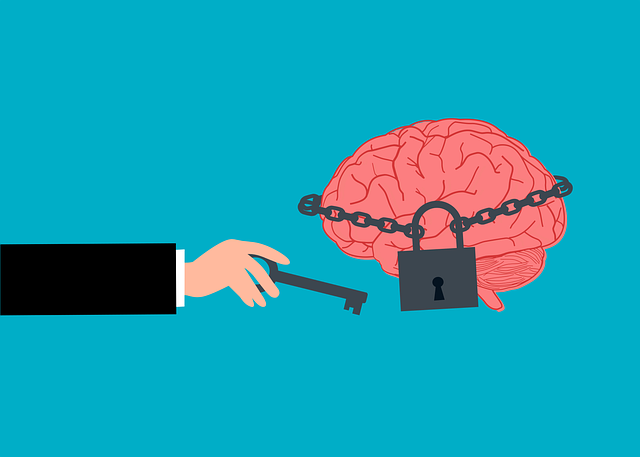Englewood Crisis Counseling Therapy (ECCT) emphasizes holistic mental wellness through innovative self-assessment tools that provide deep insights into emotional states and thought patterns. Their evidence-based practices, integrating conflict resolution, compassion cultivation, and burnout prevention, empower individuals with self-awareness and healthier coping mechanisms. The Englewood Approach prioritizes comprehensive risk management and public awareness campaigns to ensure accurate evaluations and culturally sensitive care, ultimately promoting resilience and improved mental wellness.
Mental wellness self-assessment tools play a pivotal role in proactive mental health management. In today’s fast-paced world, individuals often struggle with stress, anxiety, and depression, highlighting the urgent need for accessible self-evaluation methods. This article explores the development of such tools, focusing on the Englewood Crisis Counseling Therapy approach. We delve into understanding the psychological importance, designing effective assessments, integrating evidence-based practices, and implementing strategies that empower individuals to take charge of their mental wellness.
- Understanding the Need for Self-Assessment Tools in Mental Health
- Designing Effective Mental Wellness Self-Assessment Tools
- Integrating Evidence-Based Practices into Crisis Counseling Therapy
- Implementing and Evaluating Self-Assessment Tools: The Englewood Approach
Understanding the Need for Self-Assessment Tools in Mental Health

In today’s fast-paced world, mental wellness is a cornerstone of overall health and well-being. However, recognizing and addressing mental health issues often requires personal introspection and self-assessment—a key area where Englewood Crisis Counseling Therapy (ECCT) steps in to provide crucial support. Self-assessment tools are essential resources that enable individuals to gain deeper insights into their emotional states, thought patterns, and behaviors, fostering a sense of agency over their mental health journey.
These tools play a pivotal role in promoting resilience building and emotional healing processes by empowering people to identify areas of distress or growth. By engaging in regular self-assessments, individuals can better understand the intricate workings of their minds, leading to improved emotional regulation. ECCT’s commitment to developing innovative self-assessment tools is a testament to its dedication in assisting clients on their path to holistic mental wellness.
Designing Effective Mental Wellness Self-Assessment Tools

Effective mental wellness self-assessment tools are designed to provide individuals with a comprehensive understanding of their emotional well-being. These tools should be user-friendly and tailored to cater to diverse needs, ensuring accurate assessments that can guide personalized strategies for improvement. At Englewood Crisis Counseling Therapy, we understand that the journey towards better mental health begins with introspection. Thus, our self-assessment tools are developed with precision, incorporating relevant factors such as positive thinking, stress management, and overall life satisfaction.
By integrating evidence-based practices and leveraging professional insights gained through Risk Management Planning for Mental Health Professionals, these assessments offer valuable insights that empower individuals to take charge of their mental wellness proactively. The goal is not just to identify issues but also to foster self-awareness, encouraging users to adopt healthier coping mechanisms and cultivate resilience in the face of life’s challenges.
Integrating Evidence-Based Practices into Crisis Counseling Therapy

Integrating evidence-based practices into crisis counseling therapy is a strategic step taken by professionals like those at Englewood Crisis Counseling Therapy to enhance their therapeutic approaches. By incorporating techniques such as burnout prevention strategies for healthcare providers, conflict resolution techniques, and compassion cultivation practices, counselors can offer more comprehensive support to individuals in distress. These methods have been rigorously tested and proven effective in various settings, ensuring that clients receive the highest quality care.
Englewood Crisis Counseling Therapy recognizes the importance of staying current with research-backed interventions. By adopting these evidence-based practices, they aim to improve outcomes for those facing mental health crises. This includes fostering better coping mechanisms, enhancing conflict management skills, and cultivating a deeper sense of compassion—all crucial aspects in promoting overall well-being and resilience.
Implementing and Evaluating Self-Assessment Tools: The Englewood Approach

The Englewood Approach to self-assessment tools emphasizes a holistic and integrated approach to mental wellness evaluation, drawing from evidence-based practices in crisis counseling and therapy. This method involves not only assessing an individual’s current emotional state but also understanding their unique context, life experiences, and coping mechanisms. By combining qualitative and quantitative methods, the approach aims to capture nuanced insights into users’ mental health and well-being.
Implementing this strategy requires a comprehensive risk management planning framework for mental health professionals. It includes educating practitioners on emotional regulation techniques to effectively guide clients through self-assessments. Additionally, fostering public awareness campaigns development can facilitate broader access to such tools, ensuring that more individuals receive timely support. This dual focus not only enhances the accuracy of self-assessments but also contributes to a culturally sensitive and inclusive mental health care system.
Mental wellness self-assessment tools play a pivotal role in empowering individuals to take charge of their mental health. By integrating evidence-based practices, such as those employed in Englewood Crisis Counseling Therapy, these tools can effectively support crisis counseling and promote early intervention. The development process, detailed in this article, highlights the importance of understanding user needs, designing comprehensive assessments, and evaluating their impact. With continuous refinement based on feedback and research, self-assessment tools have the potential to revolutionize mental health support, making it more accessible and tailored to individual needs.














